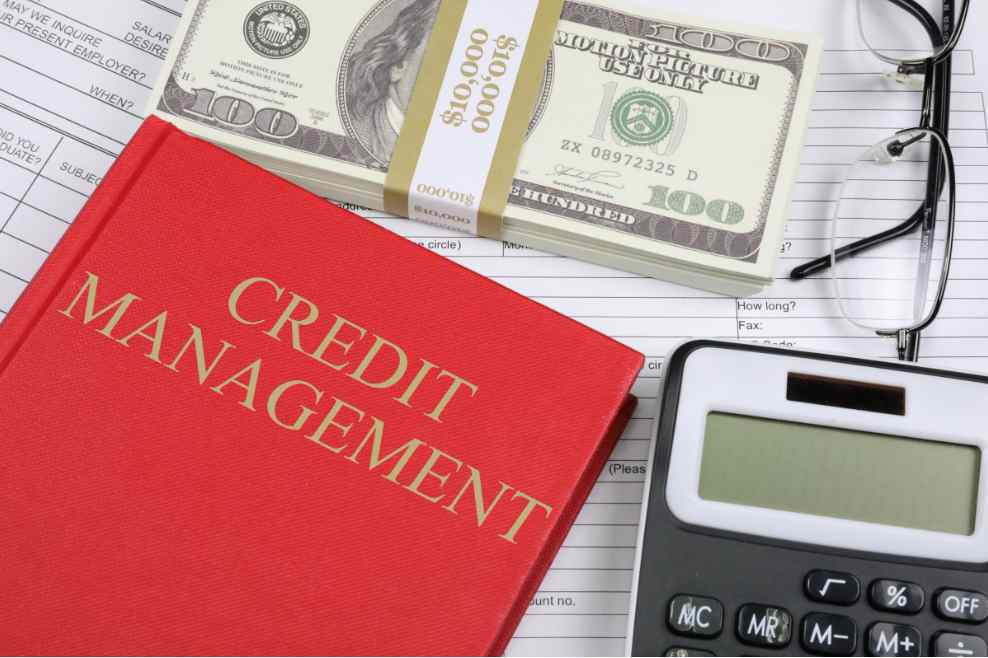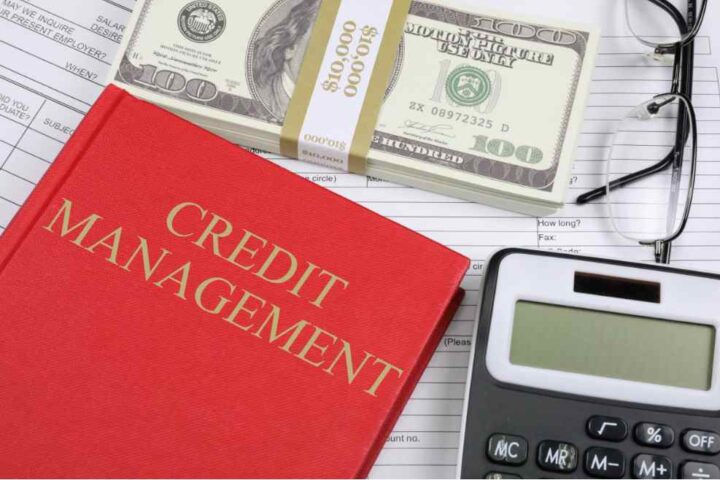When it comes to managing your financial health, credit monitoring often flies under the radar. Yet, it plays a crucial role in helping you stay on top of your credit status and detecting identity theft and mistakes on your report. Especially if you’re navigating complicated situations like debt settlement, keeping an eye on your credit activity can be a game changer. But what exactly does credit monitoring do, and how can it help you? Let’s take a closer look.
Credit monitoring is a service designed to track your credit reports and alert you to important changes or suspicious activities. These alerts give you a chance to catch problems early, whether they’re fraud attempts, errors, or changes that could affect your ability to borrow money. Understanding the nuts and bolts of credit monitoring helps you make better choices about protecting your credit.
Tracking Changes Across Your Credit Reports
Credit monitoring services watch your credit reports from one or more of the major credit bureaus. Whenever a new account is opened in your name, a credit inquiry occurs, or there’s a change in your balances, the service notifies you. This alert system, which typically checks daily or within a day depending on the service, is key to spotting unauthorized activity quickly.
For example, if someone tries to open a new credit card in your name without your permission, credit monitoring can alert you so you can take immediate action. In the context of debt settlement, being notified about unexpected changes helps ensure your settlement plan is reflected correctly and no new debt is added without your knowledge.
Detecting Potential Identity Theft Early
One of the biggest benefits of credit monitoring is early detection of identity theft. If your personal information is stolen, fraudsters may attempt to use it to open accounts, take out loans, or rack up charges. Credit monitoring flags unusual or new activity that you didn’t authorize, giving you a head start to report and fix issues before they cause severe damage.
While credit monitoring doesn’t stop identity theft, it acts like an early warning system. This allows you to freeze your credit, dispute fraudulent accounts, and alert creditors promptly.
Monitoring Your Credit Score and Report Updates
Many credit monitoring services also provide access to your credit score and regular updates on your credit report. This helps you track how your financial actions impact your score over time.
Seeing your score change after paying down debt or after correcting errors can be motivating and informative. It’s important to note that debt settlement typically hurts credit scores even as balances fall. It’s a useful way to measure progress and stay accountable to your financial goals.
Understanding Alerts and What They Mean
Credit monitoring sends alerts about a range of activities. Depending on the provider, these might include new credit accounts, hard inquiries when someone checks your credit for lending purposes, changes to your personal information like address updates, or delinquencies reported.
It’s important to understand what these alerts mean and how to respond. Not every alert signals fraud—sometimes it’s a legitimate change. But every alert deserves attention to confirm accuracy and security.
Benefits Beyond Fraud Detection
While identity theft prevention is a major reason to use credit monitoring, the benefits go beyond that. Monitoring helps you spot errors on your credit report, such as outdated debts or mistaken accounts. These errors can drag down your credit score unfairly and impact your ability to get loans or better rates.
By catching these mistakes early, you can file disputes with the credit bureaus and correct your report more quickly.
Choosing the Right Credit Monitoring Service
Not all credit monitoring services are the same. Some are free and provide basic alerts, while others are paid and offer more comprehensive coverage, like monitoring across multiple bureaus, identity theft insurance, or tools to help rebuild credit after problems.
When selecting a service, consider what fits your needs and budget. If you’re going through debt settlement, a more robust service might provide peace of mind and detailed tracking.
Integrating Credit Monitoring With Your Financial Routine
Credit monitoring is most effective when it’s part of a broader financial management plan. Regularly reviewing your credit report yourself, budgeting, paying bills on time, and maintaining a healthy credit utilization rate all contribute to strong credit health.
Use the insights from monitoring to make informed decisions, stay ahead of issues, and adjust your financial strategies as needed.
Final Thoughts
Credit monitoring is a valuable tool for anyone looking to protect their credit and take control of their financial life. It tracks changes in your credit reports and alerts you to suspicious activity or errors, helping you react quickly before small problems become big ones.
Whether you’re dealing with debt settlement or simply want to guard against identity theft, credit monitoring provides important insights and peace of mind. Taking advantage of this service gives you an early warning system and helps you maintain a healthy credit profile that supports your financial goals.



















